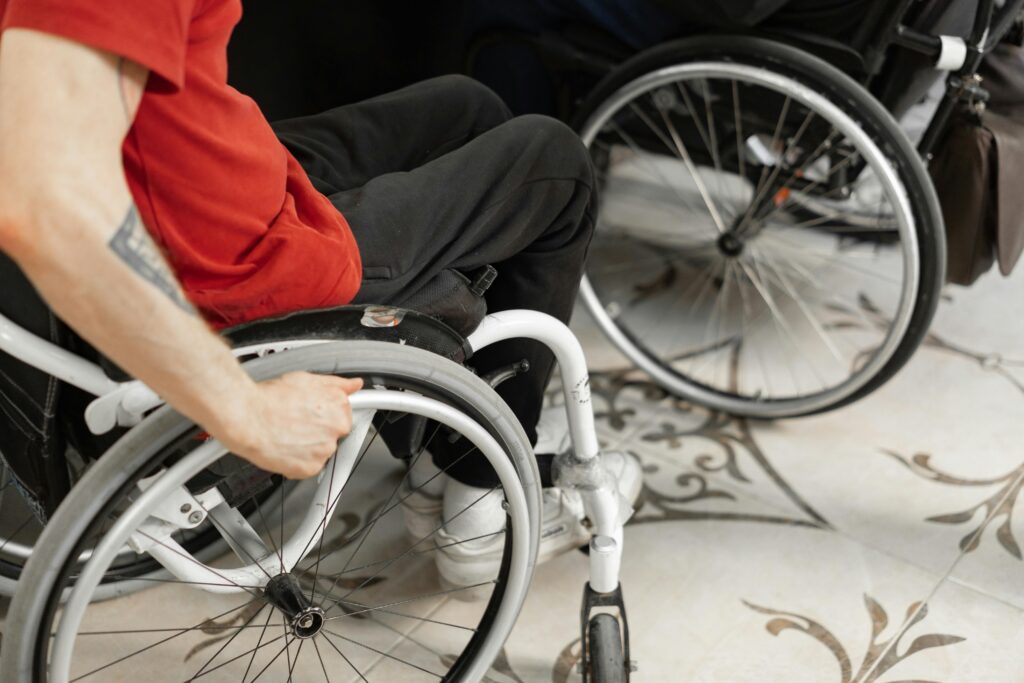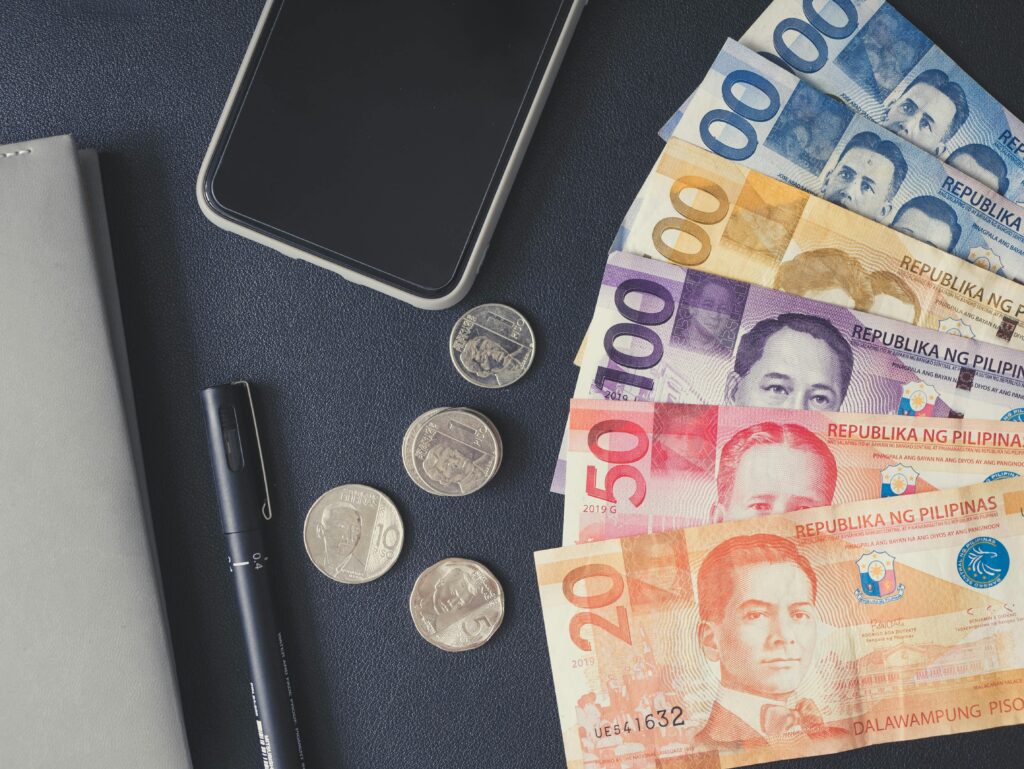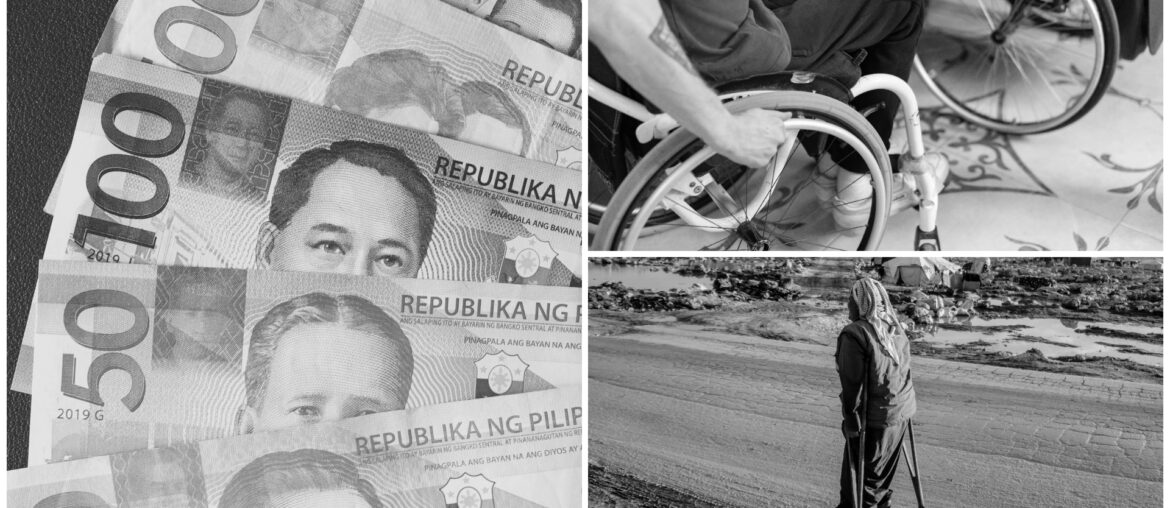Major issue hit the Philippines as fake PWD IDs became a new wild scam to various businesses instead of helping the disabled community. Due to this, the Philippine government lost an estimated ₱88.2 billion in 2023 because of the illegitimate use of fake IDs for tax exemptions and discounts. A total of ₱110 billion in tax leakage was calculated, of which a majority stemmed from fake PWD IDs.

IMPACT ON BUSINESSES
Establishments such as restaurants absorb the mandated 20% PWD discount and VAT exemptions, totaling up to 32% in discounts for customers. Many businesses report an increase in PWD-related discounts, often due to fraudulent claims. For example, PWD sales grew from 5% to 25%-30% of total sales, causing financial strain.
Official data shows 1.8 million legitimate PWDs in the country, but there are an estimated 8.5 million fake PWD IDs, nearly five times the legitimate population. Fake PWD cards are sold openly, with prices ranging from ₱300 to ₱1,300, showing how systemic the problem has become.
The misuse of these IDs undermines Republic Act No. 10754, which aims to support legitimate PWDs by sharing the cost of their needs across society. Legitimate PWDs face backlash, as businesses are forced to raise prices to offset losses, indirectly penalizing those the law intends to protect.

THE SENATE RESOLUTION
Senator Sherwin Gatchalian has filed Senate Resolution No. 1239, calling for an investigation and new policies to combat the issue. Proposed fixes include stricter ID protocols, harsher penalties for fakers, and giving businesses tools to verify IDs. But will this be enough to stop what’s become a lucrative underground industry?
This issue illustrates how abuse of social welfare policies can harm both beneficiaries and the broader economy, while also eroding trust in government programs and the private sector’s goodwill.

This isn’t just about lost money. It’s about lost trust—in systems meant to protect the vulnerable. When people exploit welfare programs, they don’t just cheat the government or businesses—they betray communities genuinely in need. It’s a grim reminder that when greed meets opportunity, even the noblest laws can turn into sad, ironic jokes.



Comments are closed.